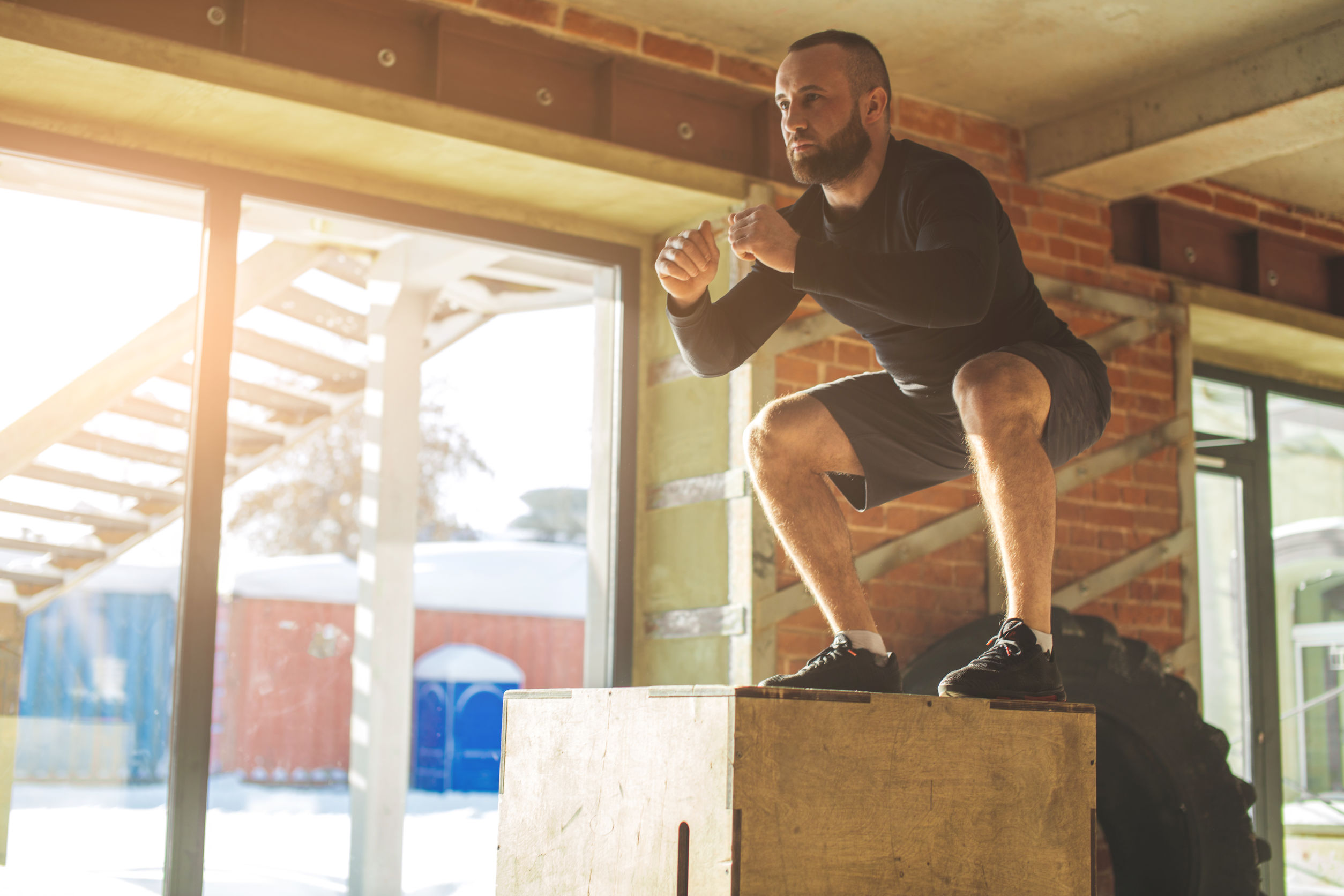”Alabama, are you currently working towards a weight-related goal? Weight loss is challenging, and there is a lot of misinformation around weight loss. This week's article recommends nutrition and exercise strategies to help you with your weight maintenance goals. We hope you find this helpful!
Reading time: 7 Minutes
MWi Hacks:
- Find out why counting calories could be hindering your health and fitness progress
- Learn tips on types of training and what the focus should be when selecting wellness goals
MWi Summary:
- Often, when people have a weight-loss goal, they think they need to add copious amounts of cardio to burn excess calories. However, cardio is not necessarily a useful weight-loss tool.
- Volume is not important when it comes to cardio. Intensity and purpose matter more.
- Nutrition is the ultimate tool to create a caloric deficit, not adding more exercise.
Answer: My advice on this is to just do as much as you want and actually enjoy it. Cardio is usually somewhere between fairly and incredibly miserable. When people who want to lose weight try to accelerate their progress by adding extra cardio, it usually doesn’t go very well in the grand scheme of things, especially when they try to use prolonged sessions. More than an hour becomes really burdensome for most people, and truthfully the extra calories burned do not make all that much of a dent in the overall energy balance.
So, it becomes a point of diminishing returns: for the added effort and stress of increasing cardio from say 60 minutes to 90 minutes, you might burn an additional 300 calories or so, which can easily be offset by one slip up of the diet (a cookie, some chips, etc.). Not a lot of return on the investment. And due to all the added stress, there is an increased risk of diet fatigue, burnout, and abandoning the program altogether.
Cardio in general really isn’t useful as a weight-loss tool but should be regarded as a fitness tool. Run if you want to get better at running. Ride a bike if you want to get faster at riding bikes. This means test your mile run or 5k time or something, and train to get faster. Body composition follows changes in diet and fitness more so than exercising to burn calories.
When it comes to cardio, train hard, fast, and with purpose. Don’t make it volume-based, meaning, don’t worry if it’s too much or too little. The right amount is determined by asking a different question, which is, what’s the fitness/performance-related goal that you’re pursuing with your training? With strength training, it’s obviously to get stronger. With cardio, it’s to improve cardiorespiratory endurance, stamina, and aerobic capacity. Focusing on the caloric expenditure and using that as a metric of the workout’s quality is (a) erroneous, because again the tools we have to estimate caloric expenditure are not actually accurate in the first place, and (b) a bit dangerous, because it can cause an unhealthy fixation on/obsession with calories.
Overall, it’s best to use nutrition to create the caloric deficit for weight loss programs, and use the training to support fitness & performance goals. Can you keep up with your kids when playing games with them? Can you lift them up overhead? And will you still be able to lift them in 10-15 years, when they’re fully grown? And when they have kids, and you’re a grandparent, will you be able to keep up with them too? These are good questions to ask as you decide how to prioritize your training!
https://www.instagram.com/gainzbydrj/
More about the Expert:
Dr. Nathan Jenkins is a tenured professor of exercise science at the University of Georgia. His scientific expertise is in the area of exercise and dietary approaches to treat and prevent obesity, type diabetes, and cardiovascular diseases. Specific recent areas of study have included the impact of exercise on fat and carbohydrate metabolism after meals, the influence of prescription drugs and supplements on dietary responses, and characterization of the metabolic effects of high-intensity functional training. Dr. Jenkins has published over 75 peer-reviewed articles in academic journals. He holds the CrossFit Level 1 training certificate.
Social Media: https://www.instagram.com/gainzbydrj/
Disclosures: Dr. Jenkins reports consultancies with CrossFit, Inc. and Renaissance Periodization, LLC.






